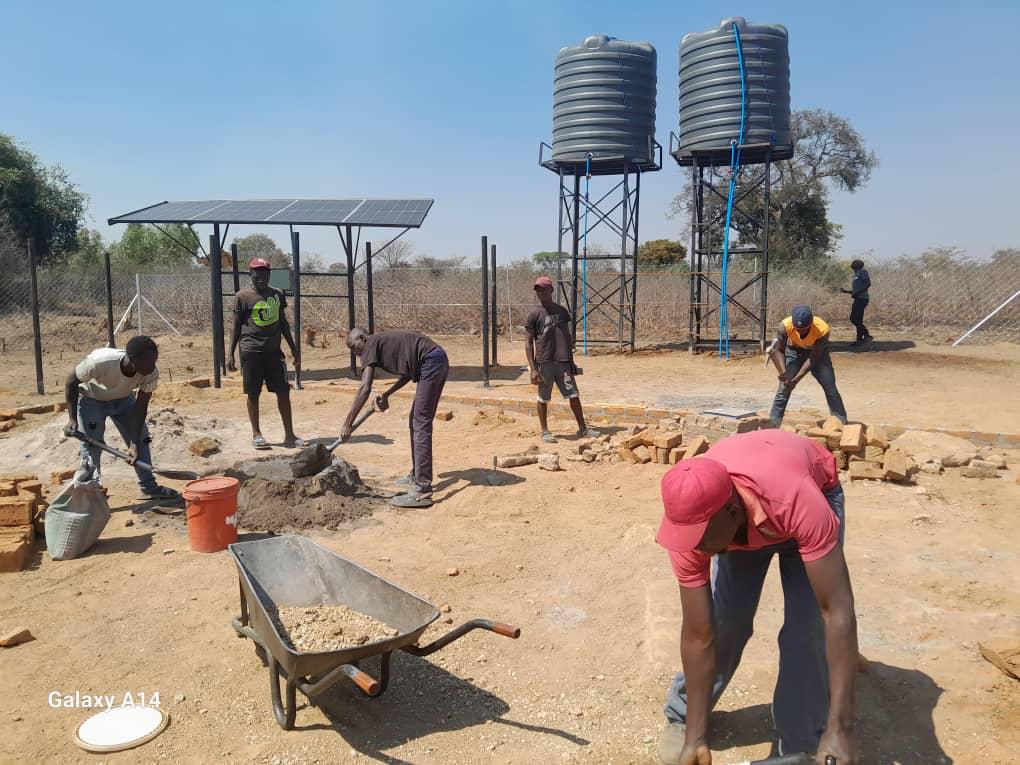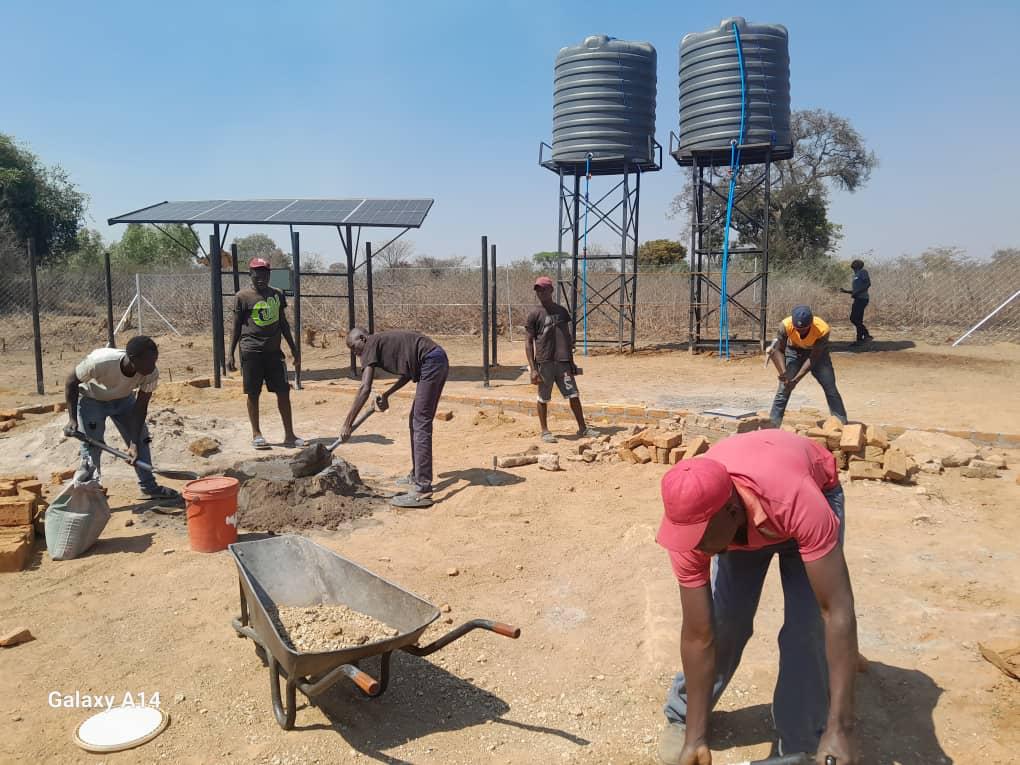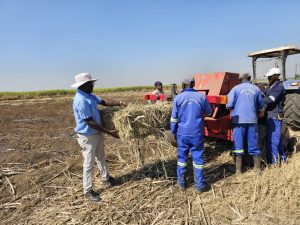Samson Cader
Access to clean and reliable water is a fundamental human right, yet many communities in Zimbabwe grapple with lack of access to it.
This situation has seen Centre for Gender and Community Development in Zimbabwe (CGCDZ), a community-based organisation taking the initiative to install solar-powered boreholes and piped water system in various communities across Masvingo province.
The intervention by CGCDZ is benefitting approximately 60 households per community, providing them with a consistent and accessible water source.
Additionally, the project addresses the water needs of livestock in the district, ensuring their wellbeing and contributing to the overall agricultural development of the area.
The installation of these boreholes has been completed in several communities of Bikita and Masvingo districts including Zimuto, Chitembere Ward 12, Cell Camp Ward 10, and Bikita Matsvange. CGCDZ says these areas were carefully selected based on their high water scarcity levels and the urgent need for sustainable solutions.

“We ae pleased that our work is helping to improve livelihoods in many areas of this province which receives less than optimum rainfall per year on average. Solar-powered boreholes help communities to engage in horticulture through gardens that are run in cooperative fashion,” said CGCDZ programs manager Chidavushe Mudadi.
By utilising solar power, CGCDZ ensures that the water systems are not only environmentally-friendly but also cost-effective in the long run. Solar energy is a renewable resource that reduces reliance on fossil fuels, making it a sustainable and eco-conscious choice.
The solar-powered boreholes harness the abundant sunlight in the region to pump water from underground sources, providing a reliable and continuous supply to beneficiary communities.
Solarised boreholes and piped water systems reduce time spent fetching water thus ensuring that villagers make the best of their daily work routine.






